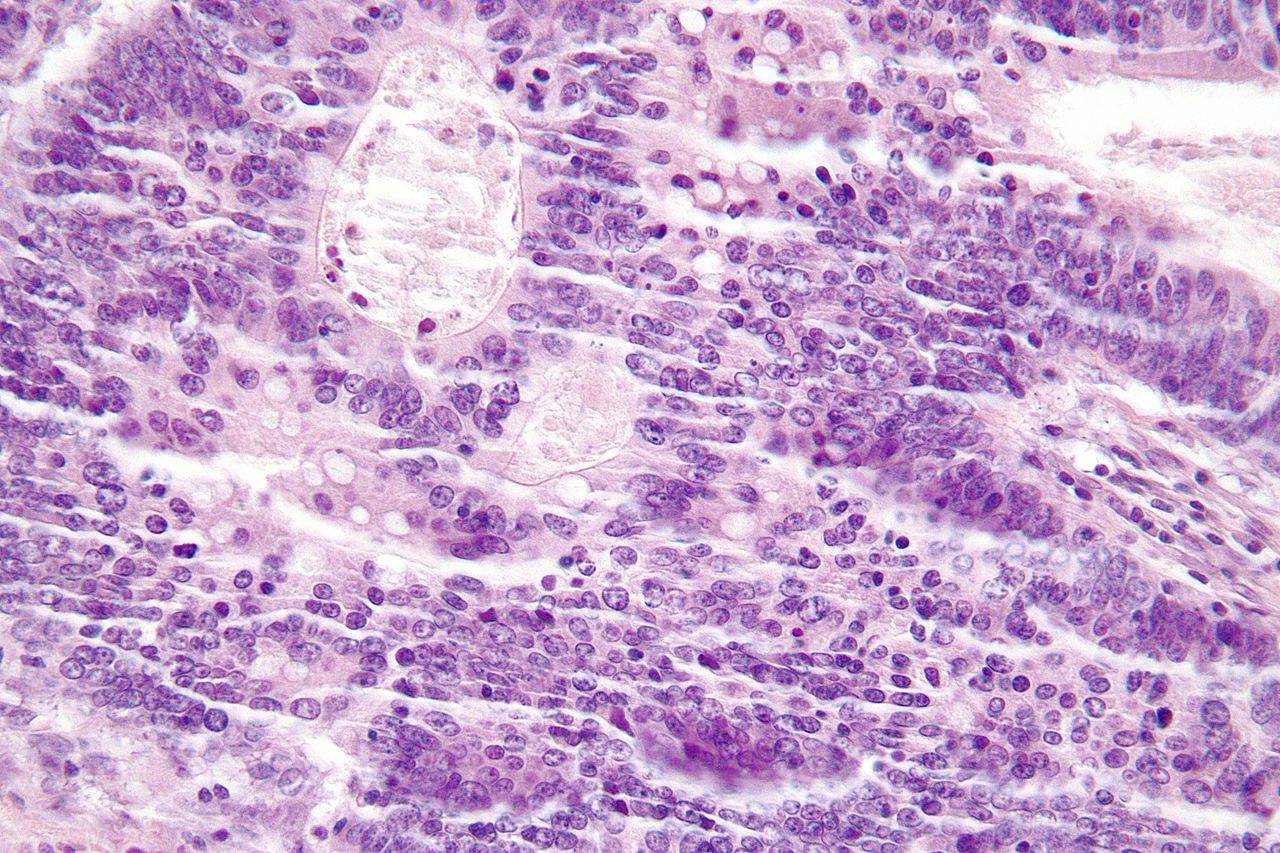
Research Stash Weekly Review #18
- Weekly Review
- 1.3K
Peruvian scientists use DNA to trace origins of Inca emperors
Researchers in Peru believe they have traced the origins of the Incas —the largest pre-Hispanic civilization in the Americas—through the DNA of the modern-day descendants of their emperors. Read more
Why do humans have such huge brains? Scientists have a few hypotheses.
Our ancient ancestor Lucy, the famous Australopithecus afarensis fossil, lived between 3 million and 4 million years ago and had a body in the realm of modern human and animal. Read More
An egg a day may reduce heart disease risk, study finds
Eating one egg a day may significantly cut your risk of cardiovascular disease, according to a new study from Chinese researchers. Read More
Weird Space Rock Provides More Evidence for Mysterious ‘Planet Nine’
The solar system just got a bit stranger. As astronomers continue their ongoing quest to find the elusive Planet Nine, a team found a space rock that lends credence to the idea that a huge super-Earth planet really exists in the outer reaches of our solar system. Read More
Researchers Uncover Gut Bacteria’s Potential Role In Multiple Sclerosis
A new study by researchers at Harvard University Medical School, published today in Nature, has uncovered new pathways mediating inflammation in Multiple Sclerosis (MS), involving molecules produced by gut bacteria breaking down food, which could lead to new treatment options for patients. Read More
Scientists have created a silicon beating heart
It looks like a real heart. And this is the goal of the first entirely soft artificial heart: to mimic its natural model as closely as possible. Read More
Something Is Sucking Iron Out of Earth’s Crust, and Scientists Think They Know What
What makes the Red Planet red? The answer, as Sherlock Holmes might say, is elementary. And that element is iron. Read More
A study involving mice found that the effects of stress can span three generations
The effects of child abuse can last a lifetime. Neglected or abused children have a higher risk of developing all sorts of ailments as adults, including mental illnesses such as depression but also physical ones like cancer and stroke. Read More
Can Cannabis Cure Cancer? Here’s Some Evidence From an Expert
For thousands of years, people have used cannabis for recreational, ritualistic and medicinal purposes. Read More
Oldest known case of dandruff found in 125m-year-old dinosaur
The oldest known case of dandruff has been identified in a small feathered dinosaur that roamed the Earth about 125m years ago. Read More
For the latest Science, Tech news and conversations, follow Research Stash on Twitter, Facebook, and subscribe to our YouTube channel
Did you miss previous weekly reviews? You can read them from here http://bit.ly/2ElAu0w


